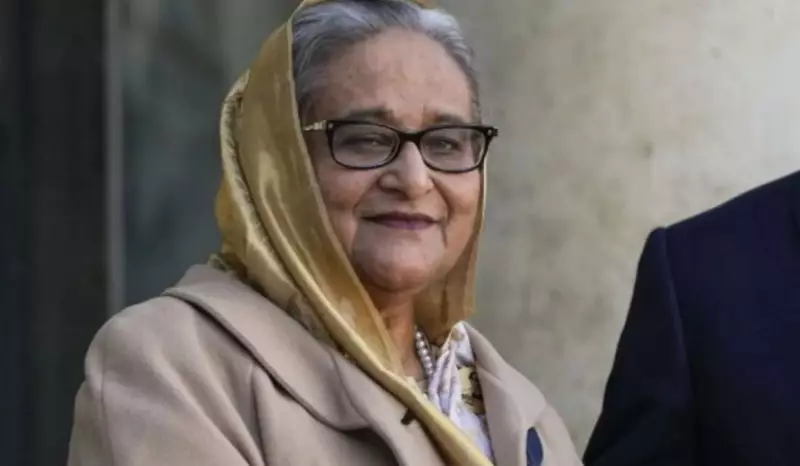
Bangladesh has been placed on maximum security alert as the country awaits a crucial verdict in the corruption case against former Prime Minister Sheikh Hasina, with the judgment expected within the next 24 hours. The tension escalated after government prosecutors formally sought the death penalty for the prominent political leader.
Nationwide Security Measures Implemented
The Bangladeshi government has deployed extensive security forces across the country, particularly in the capital Dhaka, to prevent any potential violence following the verdict. Security agencies have been placed on high alert, with additional police and paramilitary forces stationed at key locations including government buildings, courts, and political party offices.
Authorities have implemented strict surveillance measures and are monitoring social media platforms to curb the spread of inflammatory content. The heightened security comes amid concerns that the verdict could trigger significant political unrest, given Sheikh Hasina's prominent position as the leader of the Awami League and her extensive political influence.
The Zia Orphanage Trust Corruption Case
The case centers around the Zia Orphanage Trust, where Sheikh Hasina stands accused of embezzling 21 million Bangladeshi taka (approximately $2.1 million) during her tenure as prime minister. The case has been ongoing for several years, with the latest developments seeing prosecutors arguing for the maximum punishment.
This legal battle represents one of the most significant political dramas in Bangladesh's recent history. The case has drawn international attention due to its potential implications for the country's political landscape and democratic processes.
The prosecution's demand for capital punishment has surprised many observers, given that corruption cases typically result in prison sentences rather than death penalties in Bangladesh. This unprecedented move has intensified the political stakes surrounding the verdict.
Political Implications and International Concern
The verdict timing coincides with increasing political polarization in Bangladesh, where Sheikh Hasina's Awami League and the opposition Bangladesh Nationalist Party (BNP) led by Khaleda Zia have been engaged in prolonged political rivalry. The outcome is expected to have far-reaching consequences for the country's political stability.
International human rights organizations and foreign governments are closely monitoring the situation. There are growing concerns about the potential for widespread civil unrest regardless of the verdict outcome. The international community has called for peaceful resolution and respect for legal processes.
Business activities have been affected as many establishments have chosen to close temporarily in anticipation of possible disruptions. Educational institutions in sensitive areas have also suspended operations as a precautionary measure.
As Bangladesh enters this critical 24-hour period, the nation holds its breath, awaiting a verdict that could reshape its political future and test the resilience of its democratic institutions.






